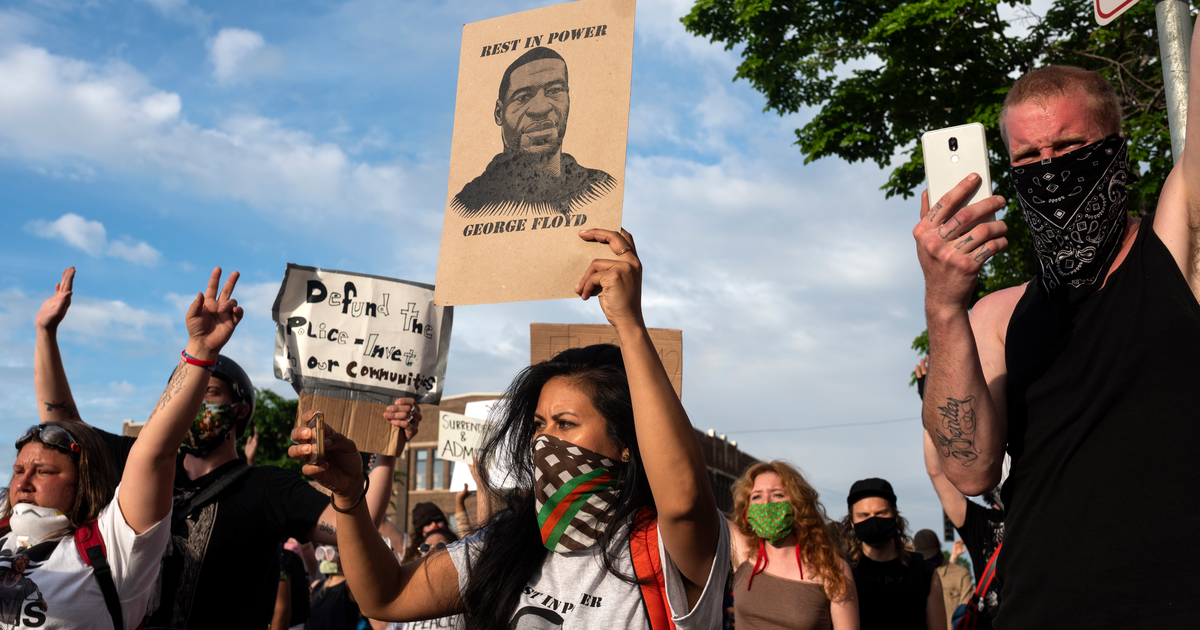
Minneapolis, Minn. approved a unique program on Friday.
The city will pay social media influencers to spread “approved messages” during the trials of the police officers charged with killing George Floyd.
The Minneapolis City Council passed the program, “contracts with community organizations for public safety and engagement services,” with the intent of curbing misinformation around the cases. It includes partnerships with local media institutions and outreach with community groups as well.
The social media influencer portion of the program is described as “paid partnerships with community members who are considered trusted messengers and have large social media presence to share City generated and approved messages.”
Influencers who are part of this program will share messaging in an effort to reach members of Minneapolis’ African American, East African, American Indian, Latino, and Hmong communities.
The entire program has been given a budget of more than $1 million dollars. However, only a small portion of that will be used for social media influencers
City spokeswoman Sarah McKenzie told Minnesota Reformer, which first reported on this program, that the budget set aside for influencers is $12,000. The city plans on hiring six influencers, who will be paid $2,000 each. Deals with the influencers chosen to be involved with the program are currently being finalized
Protests erupted across the country in the wake of George Floyd’s murder in May 2020. Marches and rallies against police brutality as part of the Black Lives Matter movement continued well into the summer.
While these events were mostly peaceful, there were some instances of violence especially in Minneapolis where George Floyd was killed. Tensions were further exacerbated due to the spread of misinformation about protesters online.
Minneapolis is clearly hoping this program will help clamp down on civil disobedience.
However, many civil rights activists, community members, and experts are wary of a program created to share “City-approved messaging.”
“I don’t think this is about dismantling falsities,” said Michelle Gross, president of Communities United Against Police Brutality, in a statement to the New York Times. “I think this is about crafting a narrative and controlling it. And I think people will see through this, frankly.”
Jury selection in the trial of Derek Chauvin, the officer seen on video pressing his knee on George Floyd’s neck begins on March 8.
